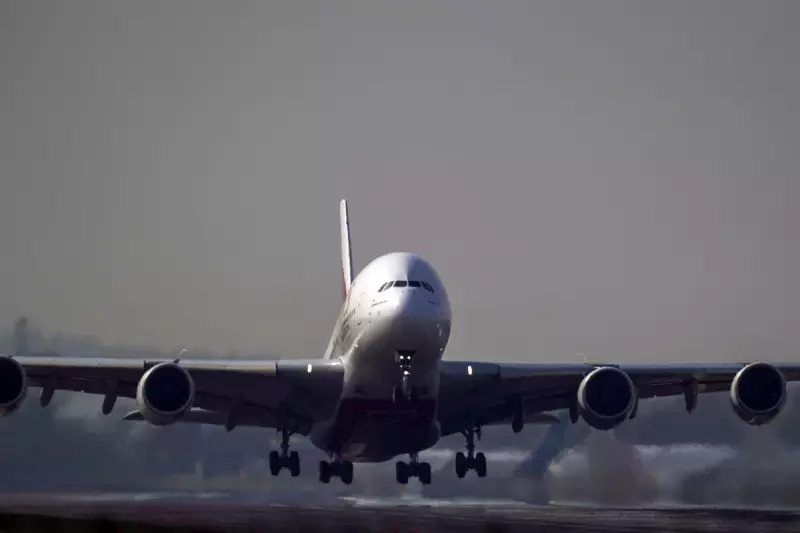
In a bold move that could redefine Britain's approach to the migrant crisis, Labour leader Sir Keir Starmer is preparing to unveil a radical 'one-in, one-out' asylum policy aimed squarely at stopping small boat crossings across the English Channel.
The Core Proposal: A Quota System for Asylum Seekers
Under Starmer's proposed scheme, the number of asylum seekers accepted into the UK would be directly tied to the number of individuals returned to their home countries or safe third nations. This fundamental restructuring represents Labour's most comprehensive response yet to the ongoing Channel crisis.
The Labour leader has explicitly rejected the government's controversial Rwanda deportation plan, branding it a "gimmick" that has failed to deter dangerous crossings while costing taxpayers hundreds of millions.
Renegotiating the French Connection
Central to Starmer's strategy is securing a new returns agreement with France—a diplomatic achievement that has eluded successive Conservative governments. Labour officials believe that by moving beyond the current financial arrangements with Paris, which primarily fund increased beach patrols, they can broker a more effective partnership.
"The returns agreement is essential," a Labour source confirmed. "The current deal simply isn't working to stop the boats or facilitate meaningful returns."
Political Battle Lines Drawn
Prime Minister Rishi Sunak immediately seized on the proposal, accusing Starmer of having "no plan" to address illegal immigration and suggesting the Labour leader would simply "wave in" more asylum seekers. The attack signals that immigration will remain a central battleground in the upcoming general election campaign.
Meanwhile, Starmer faces pressure from within his own party, with some left-wing MPs likely to oppose any policy perceived as overly restrictive on asylum rights.
The Practical Challenges Ahead
Several significant hurdles stand between proposal and implementation:
- Negotiating a returns agreement with France and other EU nations post-Brexit
- Establishing safe and legal routes for asylum claims
- Creating efficient processing systems to handle returns and admissions
- Balancing humanitarian obligations with border control objectives
As both major parties solidify their immigration platforms, Britain appears headed for a fundamental debate about its approach to asylum, border security, and international cooperation in addressing one of the most politically charged issues of our time.





